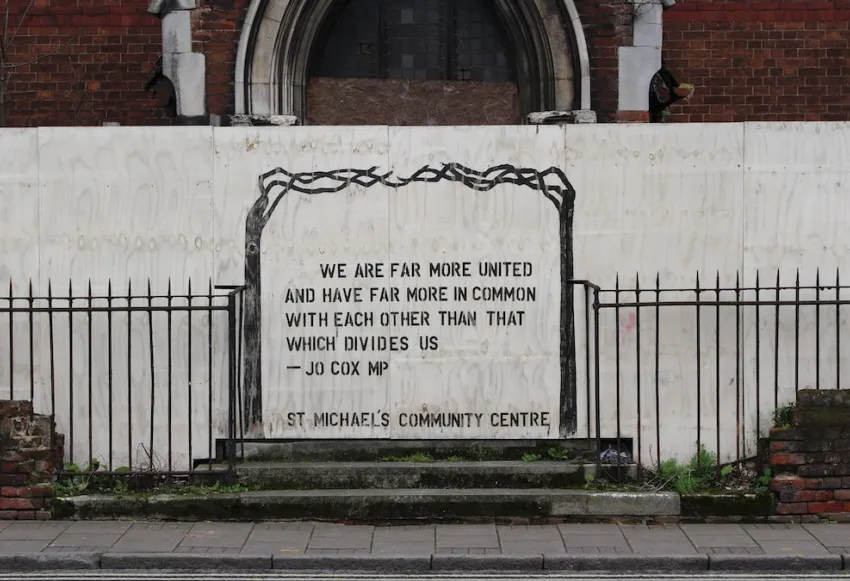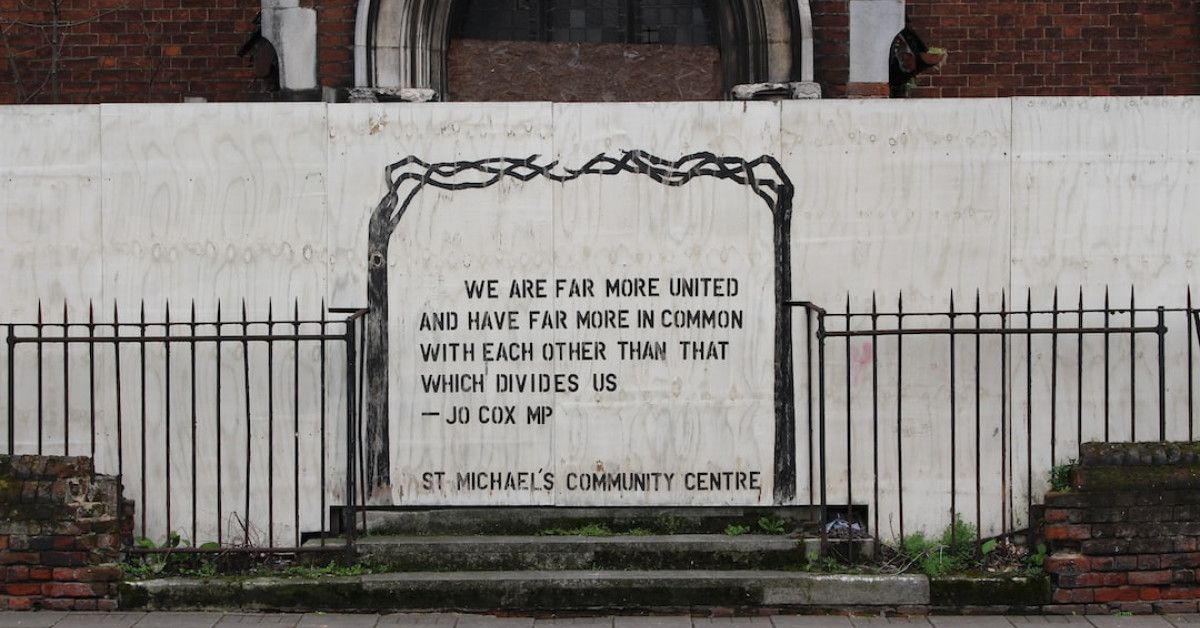The death penalty has always been a highly debated topic, raising questions about morality, justice, and the value of human life. Over the years, many renowned individuals from different walks of life have shared their thoughts on the death penalty, leaving us with powerful quotes that challenge our perspectives on justice. In this article, we will explore some of these thought-provoking quotes and delve into the deeper implications they hold.
Understanding the Death Penalty
Before we delve into the powerful quotes surrounding the death penalty, it is important to have a basic understanding of what it entails. The death penalty, also known as capital punishment, is a legal process where a person is executed for committing a crime deemed severe enough to warrant the ultimate punishment. Different jurisdictions around the world have different laws and criteria for implementing the death penalty.
The Historical Context
The concept of the death penalty can be traced back to ancient civilizations dating back thousands of years. In ancient times, it was often used as a means of punishment for crimes such as murder, treason, and witchcraft. The methods of execution varied and could include crucifixion, beheading, or hanging.
Current Global Perspectives
Today, the death penalty is a highly polarizing issue, with numerous countries abolishing it due to concerns quotes about friends with benefits relationships its efficacy, morality, and potential for executing innocent individuals. According to Amnesty International, as of 2021, over two-thirds of countries have abolished the death penalty in law or practice. However, some countries still retain it, often on the basis of deterrence or retribution.
Powerful Quotes on the Death Penalty
"An eye for an eye only ends up making the whole world blind."
- Mahatma Gandhi
Mahatma Gandhi, the renowned leader of India's independence movement, was known for his philosophy of non-violence. This quote challenges the concept of the death penalty by highlighting the cycle of violence it perpetuates. It implies that seeking retribution through capital punishment only leads to more harm and does not truly address the root causes of crime.
"It is impossible to calculate the moral mischief, if I may so express it, that mental lying has produced in society. When a man has so far corrupted and prostituted the chastity of his mind as to subscribe his professional belief to things he does not believe, he has prepared himself for the commission of every other crime."
- Thomas Paine
Thomas Paine, one of the founding fathers of the United States, argued against the death penalty on moral grounds. This quote highlights the potential for corruption and moral degradation that can occur when individuals are forced to participate in a system that contradicts their beliefs. Paine suggests that the death penalty is an extreme manifestation of this corruption, leading to the commission of even more heinous crimes.
"The death penalty is not about whether people deserve to die for the crimes they commit. The real question of capital punishment in this country is, do we deserve to kill?"
- Bryan Stevenson
Bryan Stevenson, a prominent lawyer and social justice advocate, challenges the very essence of the death penalty with this powerful eleanor roosevelt marine quote poster. He poses the question of whether society is morally justified in taking a life as punishment for a crime, regardless of the severity of the offense committed. Stevenson's words challenge us to reflect on the ethical implications of the death penalty and its impact on our collective humanity.
"Why do we kill people who are killing people to show that killing is wrong?"
- Holly Near
Holly Near, an American singer-songwriter and activist, brings forth an important perspective on the death penalty through this thought-provoking best eleanor roosevelt marine quote. Near questions the logic behind using capital punishment as a means to deter or demonstrate the wrongness of killing. By engaging in the very act it condemns, the death penalty becomes a paradox that challenges our understanding of justice and its effectiveness as a deterrent.
"The measure of a civilization is how it treats its weakest members."
- Mahatma Gandhi
Mahatma Gandhi's quote resonates strongly when considering the death penalty's impact on the most vulnerable individuals within society. Those facing execution often come from disadvantaged backgrounds, with histories of trauma, mental illness, or limited access to resources. By examining how a society treats its weakest members, Gandhi prompts us to reflect on whether the death penalty aligns with our aspirations for a just and compassionate civilization.
The Complexities of the Death Penalty Debate
The death penalty debate is multifaceted, encompassing a wide range of ethical, legal, and social considerations. Understanding the complexities and nuances surrounding this issue is vital in fostering informed discussions and critical thinking. Here, we explore some of the key aspects that contribute to the ongoing debate.
Deterrence and Public Safety
One of the arguments often put forth in support of the death penalty is its potential deterrent effect on criminal behavior. Advocates of capital punishment argue that the fear of facing execution may dissuade individuals from committing heinous crimes, thus protecting society. However, numerous studies have failed to provide conclusive evidence to support this claim, with many suggesting that the death penalty does not have a significant impact on deterrence.
Arbitrary Nature and Wrongful Convictions
Critics of the death penalty often highlight its arbitrary application and the risk of executing innocent individuals. The legal system is not infallible, and wrongful convictions can and do occur. The irreversible nature of the death penalty exacerbates the consequences of such errors, leading to the ultimate denial of justice and the loss of innocent lives.
Racial and Socioeconomic Disparities
Another crucial element of the death penalty debate revolves around the presence of racial and socioeconomic disparities within the criminal justice system. Numerous studies have shown that individuals from marginalized communities, particularly people of color and those with limited financial resources, are disproportionately sentenced to death. Such disparities raise questions about fairness, equity, and the potential for systemic bias in capital punishment cases.
Human Rights and Morality
The death penalty is often discussed within the framework of human rights and morality. Opponents argue that the deliberate taking of a life, regardless of the crime committed, is a violation of a person's inherent right to life. Moreover, the inherent fallibility of human judgment and the potential for irreparable mistakes challenge the moral justification of capital punishment.
Alternatives to the Death Penalty
Advocates for the abolition of the death penalty propose various alternatives that aim to address the concerns surrounding violent crimes. These alternatives include life imprisonment without parole, restorative justice programs, and rehabilitation efforts. Supporters argue that these approaches can safeguard public safety, promote healing for victims and their families, and offer opportunities for rehabilitation and personal growth.
Comparing Perspectives on the Death Penalty
To better understand the diverse perspectives on the death penalty, let us take a closer look at a comparison chart that outlines some commonly expressed viewpoints:
| Perspective | Key Points |
|---|---|
| Retribution | Supporters argue that capital punishment offers a form of retribution and justice for the victims and their families. |
| Deterrence | Advocates claim that the death penalty deters potential criminals from engaging in heinous acts. |
| Innocence and Wrongful | Critics highlight the risk of executing innocent individuals and emphasize the need for caution and safeguards. |
| Convictions | |
| Human Rights and Morality | Opponents view the death penalty as a violation of the right to life and question its morality and ethics. |
| Racial and Socioeconomic | Critics draw attention to the disparities in the application of the death penalty and the potential for bias. |
| Disparities | |
| Alternatives | Supporters advocate for alternatives such as life imprisonment without parole and restorative justice programs. |
Conclusion
The death penalty remains a contentious issue that elicits strong emotions and diverse viewpoints. Through the powerful quotes presented in this article, we have gained insight into some of the thought-provoking perspectives surrounding the death penalty. From questioning the morality and efficacy of capital punishment to highlighting the potential for wrongful convictions and systemic biases, these quotes challenge our understanding of justice.
As society progresses, it becomes essential to engage in open and honest discussions about the death penalty, examining its implications on human rights, social equity, and the core values we uphold. By doing so, we can work towards a more nuanced and compassionate approach to justice that aligns with our collective aspirations for a fair and harmonious society.

